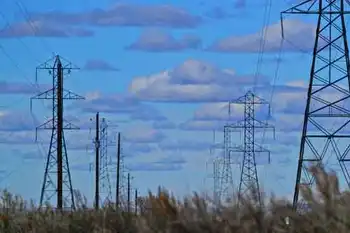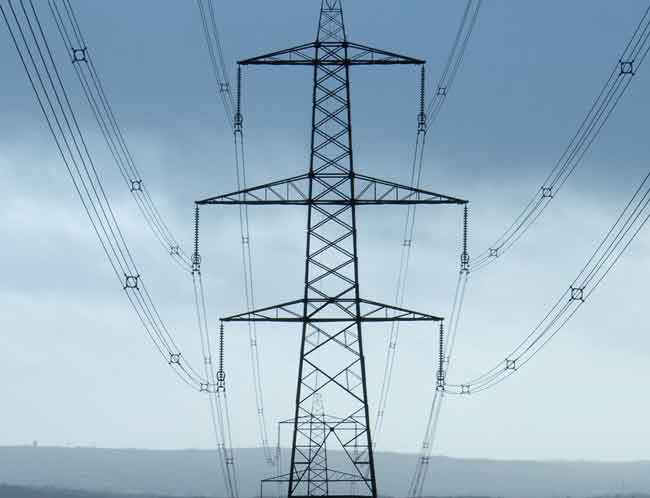Rich nations trying to kill Kyoto pact: China
Delegates from about 180 nations are meeting in the Thai capital trying to bridge differences over a draft negotiating text that will allow all countries to deepen efforts to slow the pace of climate change.
The United Nations hopes a major climate meeting in Copenhagen in December will lead to a broader framework to expand or replace Kyoto, whose first phase ends in 2012.
The talks are deadlocked on rich nations toughening their commitments to cut emissions by 2020 and climate funds to help poorer nations adapt to the impacts of climate change, invest in clean energy and how to manage those funds.
"It has become self-evident and actually clear that the intention of the developed countries is to kill off the Kyoto Protocol," Lumumba D'Aping, who chairs the G77 plus China negotiating group, told reporters.
China's special envoy for climate change, Yu Qingtai, accused rich nations of trying to change the rules of the game at the last minute.
"I have yet to see a developed country or a group of developed countries coming up to say to the public, the international community and to their own people that they are not here to kill the Kyoto Protocol," Yu told reporters.
Talks in Bangkok have focused on the legal "architecture" of a new climate pact from 2013. Australia, the EU and the United States would like to see pledges by big developing nations to curb emissions become legally binding in some way in a new pact.
That would help level the playing field in terms of global actions to fight climate change, they say, and make it easier to assess what every one was willing to do.
The result could be a streamlined treaty for post-2012 that comprises the best pieces of Kyoto, or an amended Kyoto Protocol and another treaty.
Kyoto currently binds 37 industrialized nations, except the United States, to greenhouse gas emissions targets during 2008-12 but developing nations are not obliged to meet hard, economy-wide targets and won't agree to such targets in any new agreement.
Instead, they fear a move by some rich nations to push for a post-2012 pact that allows more flexible emissions reduction steps based on national circumstances could lead to wealthy states wriggling out of meeting tough, binding emissions cuts.
"It's just like the final five minutes into a game and one side of the game putting forward a new set of rules, a new format, a new mandate and expect the other side to agree and make that as the precondition for making progress. That is not a fair way of conducting negotiations," Yu said.
Sweden's chief negotiator, Anders Turesson, said Europe was faithful to the Kyoto system. Sweden holds the present rotating EU presidency.
"We are going to ensure the Kyoto system can be revived and strengthened into the future," he told reporters. "It is a holistic system with commitments, with instruments, with compliance systems. We cannot pick and choose."
Greens pointed to an erosion of trust.
"The frustration of developing nations is all too clear — they are tired of all the talk and with little concrete actions to back them up," Kim Carstensen, who heads conservation group WWF's global climate initiative, told Reuters.
Related News

Will Israeli power supply competition bring cheaper electricity?
TEL AVIV - "See the pseudo-reform in the electricity sector: no lower prices, no opening the market to competition, and no choice of electricity suppliers, with a high rate for consumers despite natural gas." This is an advertisement by the Private Power Producers Forum that is appearing everywhere: Facebook, the Internet, billboards, and the press.
Is it possible that the biggest reform in the economy with a cost estimated by Israel Electric Corporation (IEC) (TASE: ELEC.B22) at NIS 7 billion is really a pseudo-reform? In contrast to the assertions by the private electricity producers, who are supposedly worried about our wallets…




